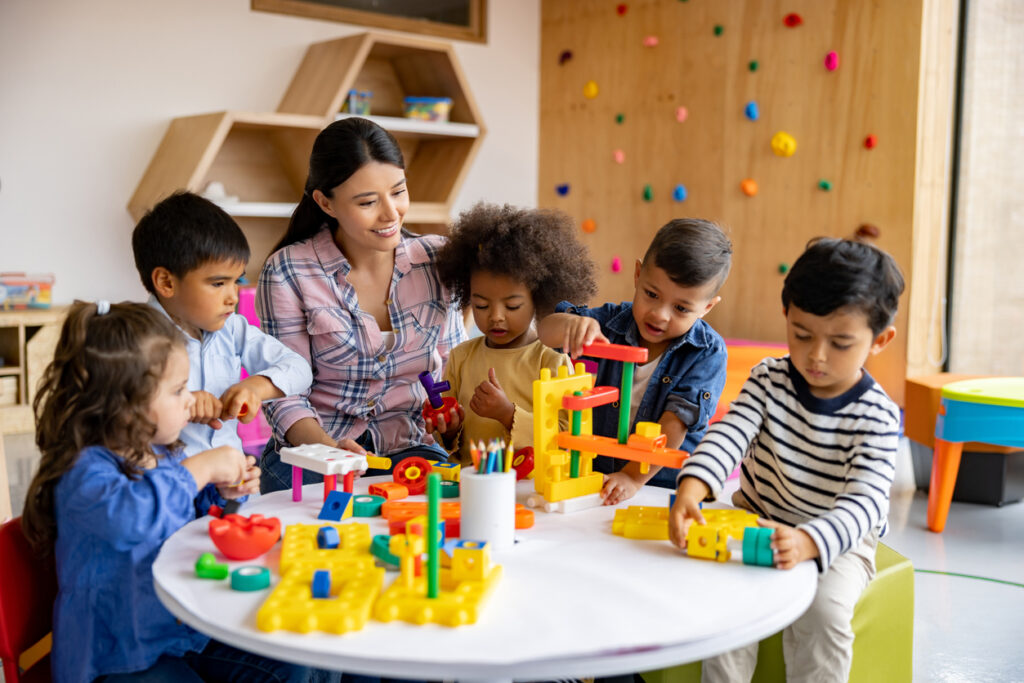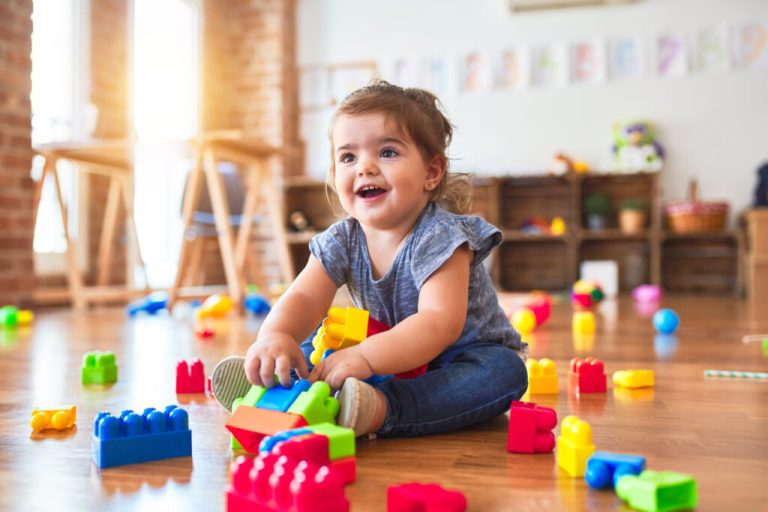A new study has established a correlation between preschool-educated children and numerous positive educational outcomes, including a boost in high school graduation and college attendance, and a decrease in problematic behavioral issues.
The study, led by MIT economist Parag Pathak and published in The Quarterly Journal of Economics, followed the academic paths of over 4,000 students who were selected via the Boston public school system’s lottery to fill a limited number of spaces in the city’s public preschools from 1997 to 2003.
The pre-existing lottery system, run by the Boston public school system, created an ideal setup for the study by automatically dividing students from similar backgrounds into two groups: those who attended preschool, and those who did not. According to MIT News, this approach has rarely been used in studies of preschool programs, which date back to the 1960s. The method created an opportunity to “take advantage of the elaborate rationing that happens in big-city school districts in their choice processes,” according to Pathak.
Among other positive outcomes, the study established that preschool attendance created an 18% increase in college enrollment directly after high school, increased the likelihood of students enrolling in college at any time by 5.4 percentage points, and showed an increase in a student’s likelihood of taking the SAT by 8.5 percentage points.

Academic performance was not the only metric that proved to be positively impacted by preschool attendance — fewer behavioral issues were also observed, which included “fewer suspensions, less absenteeism, and fewer legal-system problems,” per MIT News.
According to Pathak, these factors also carry substantial weight in determining the course of a student’s life. “There are many things that influence whether you go to college, and these behavioral outcomes are relevant to that,” said Pathak, later adding, “Others have highlighted these sorts of so-called noncognitive sleeper effects of education, and I’ve been quite skeptical about it. But now our own findings suggest there may be something to that story.”
Another unique aspect to the study was the long-range time frame during which the students were tracked.
“We cannot judge the effectiveness of early childhood interventions by just looking at short-run outcomes, stopping by third grade,” said Pathak, who co-authored the study with Guthrie Gray-Lobe, a research affiliate at MIT’s Blueprint Labs, and UC Berkeley associate economics professor Christopher Walters. “You’d get a totally misleading picture of Boston’s program if you did that. The second is that I think it’s really critical to measure outcomes beyond test scores, such as these behavioral outcomes, to have a more complete picture of what’s happening to the child.”
Christina Weiland, an associate professor in the School of Education at the University of Michigan, expressed her excitement over the study’s findings. Weiland began her own long-term research into the impact of preschool a few years after the study led by Pathak concluded. Her hope is that the research methods employed by Pathak’s team can delve into more specific details of how various preschool curriculums impact students in the long run.
“Preschool programs can range quite a bit in terms of what skills they are emphasizing and the type of curriculum they’re using, and we’ve gotten some signal that some of those approaches in the shorter term produce better results than others,” Weiland told MIT News. “But we need to follow them, as Parag’s team did, to figure out what the longer-term effects are for different models,” adding, “We’re seeing the really positive long-term effects of attending preschool.”












